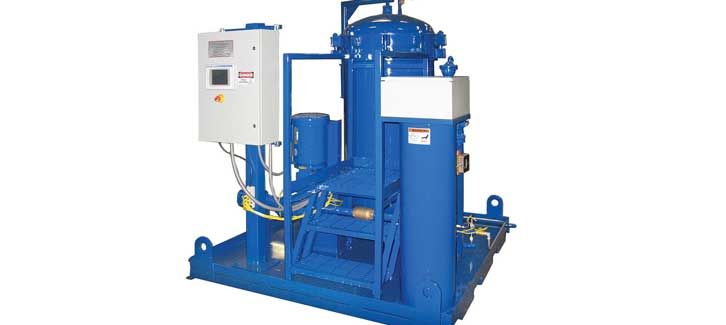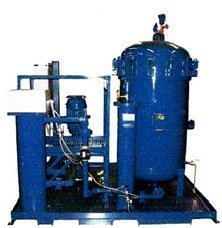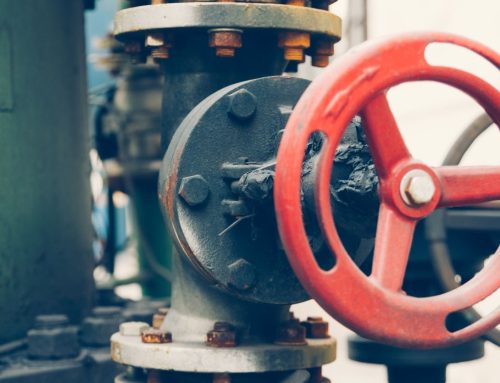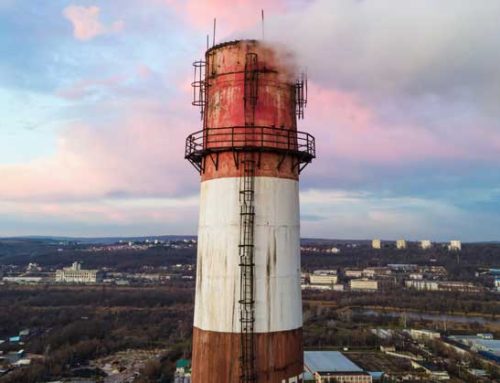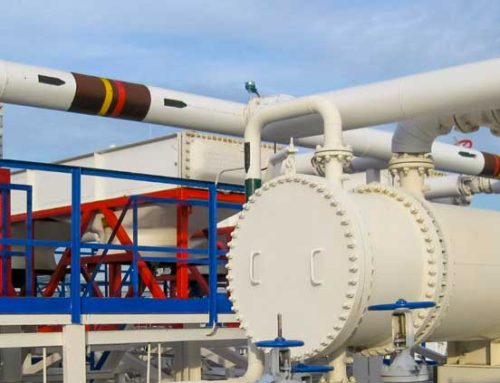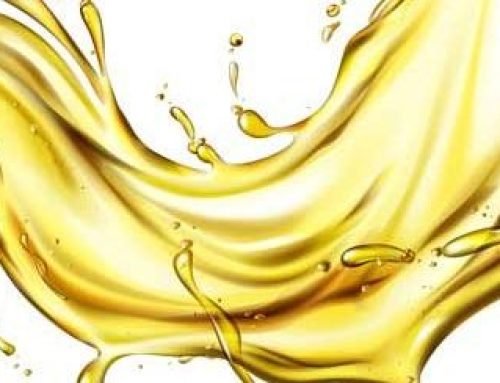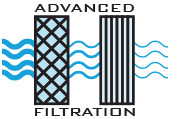We here at Advanced Filtration help our customers will all manner of industrial filtration solutions, and in this article, we’re going to look at a very specific application: gas turbine air filtration. If this is in your field, then our partner manufacturers have created products to fit your needs–such as these Braden Pocket Pleat Filters.
How Does Gas Turbine Air Filtration Work, and What Filters Are Used?
Gas turbine air filtration is the process of removing contaminants from the air that enters a gas turbine engine. The contaminants can be solid particles, liquid droplets, or gaseous pollutants. The purpose of air filtration is to protect the engine from damage and to ensure its efficient operation.
The type of air filter used in a gas turbine engine depends on the size and operating conditions of the engine. The most common types of air filters are:
- Cellulose filters: These filters are made of a cellulose material that traps particles by sieving. They are relatively inexpensive and easy to replace, but they have a lower efficiency than other types of filters.
- Microfiber filters: These filters are made of a synthetic material with very fine fibers. They can trap particles that are much smaller than cellulose filters, but they are also more expensive and difficult to replace.
- Nanofiber filters: These filters are made of a synthetic material with even finer fibers than microfiber filters. They can trap particles that are even smaller, making them ideal for use in high-performance gas turbine engines.
In addition to the type of filter, the air filtration system also includes a pre-filter to remove large particles and a coalescing filter to remove liquid droplets. The pre-filter is typically made of a coarse mesh that traps large particles, such as dirt and sand. The coalescing filter is made of a material that allows liquid droplets to coalesce and form larger droplets that can be more easily removed by the main filter.
What Are The Benefits of Gas Turbine Air Filtration?
The air filtration system is an important part of any gas turbine engine. By removing contaminants from the air, the system helps to protect the engine from damage and to ensure its efficient operation. Here are some more benefits of gas turbine air filtration:
- Increased engine life: Air filtration helps to protect the engine from wear and tear caused by contaminants.
- Improved fuel efficiency: Air filtration helps to improve the efficiency of the engine by reducing the amount of drag caused by contaminants.
- Reduced emissions: Air filtration helps to reduce the emissions of pollutants from the engine.
- Increased safety: Air filtration helps to reduce the risk of fires and explosions caused by contaminants.
Gas turbine air filtration is a critical component of any gas turbine engine. By removing contaminants from the air, the system helps to ensure the safe and efficient operation of the engine.
What Are Some Different Types of Gas Turbine Air Filtration Systems
There are many different types of gas turbine air filtration systems, each with its own advantages and disadvantages. Some of the most common types include:
- Pre-filters: These filters are used to remove large particles, such as dirt and sand, from the air before it enters the main filter. They are typically made of a coarse mesh or fabric.
- Coalescing filters: These filters are used to remove liquid droplets from the air. They are typically made of a material that allows the droplets to coalesce and form larger droplets that can be more easily removed by the main filter.
- Cartridge filters: These filters are made of a pleated or woven material that traps particles by sieving. They are typically made of cellulose, fiberglass, or synthetic materials.
- HEPA filters: These filters are made of a very fine mesh that traps particles that are 0.3 micrometers or smaller in size. They are used in applications where the highest level of filtration is required, such as in hospitals and clean rooms.
- ULPA filters: These filters are even finer than HEPA filters and can trap particles that are 0.12 micrometers or smaller in size. They are used in the most demanding applications, such as in semiconductor manufacturing.
The type of air filtration system used in a gas turbine engine depends on the size and operating conditions of the engine, as well as the environmental conditions in which the engine is operating. For example, an engine that is operating in a dusty environment will require a more robust air filtration system than an engine that is operating in a clean environment.
The air filtration system should be regularly inspected and maintained to ensure that it is operating properly. The frequency of inspection and maintenance will depend on the type of air filtration system and the operating conditions of the engine.
How Do I Choose The Right Gas Filtration System?
This is where the many years of experience we have at Advanced Filtration can help. Our experts consult with our customers to help them choose what solutions they need for their projects, getting them the right product at the right price. Nevertheless, here are some of the factors to consider when choosing a gas turbine air filtration system:
- The size and operating conditions of the engine
- The environmental conditions in which the engine is operating
- The level of filtration required
- The cost of the system
- The ease of maintenance
By carefully considering these factors, you can choose the right air filtration system for your gas turbine engine. However, if you’re still not sure, then contact Advanced Filtration by calling 732-901-6676 or using the contact form on this page. We specialize in industrial filtration systems including the Power, Chemical, Pharmaceutical, Cosmetic, Biotech representing many companies. Our experienced filtration engineers are at the ready to assist you.

